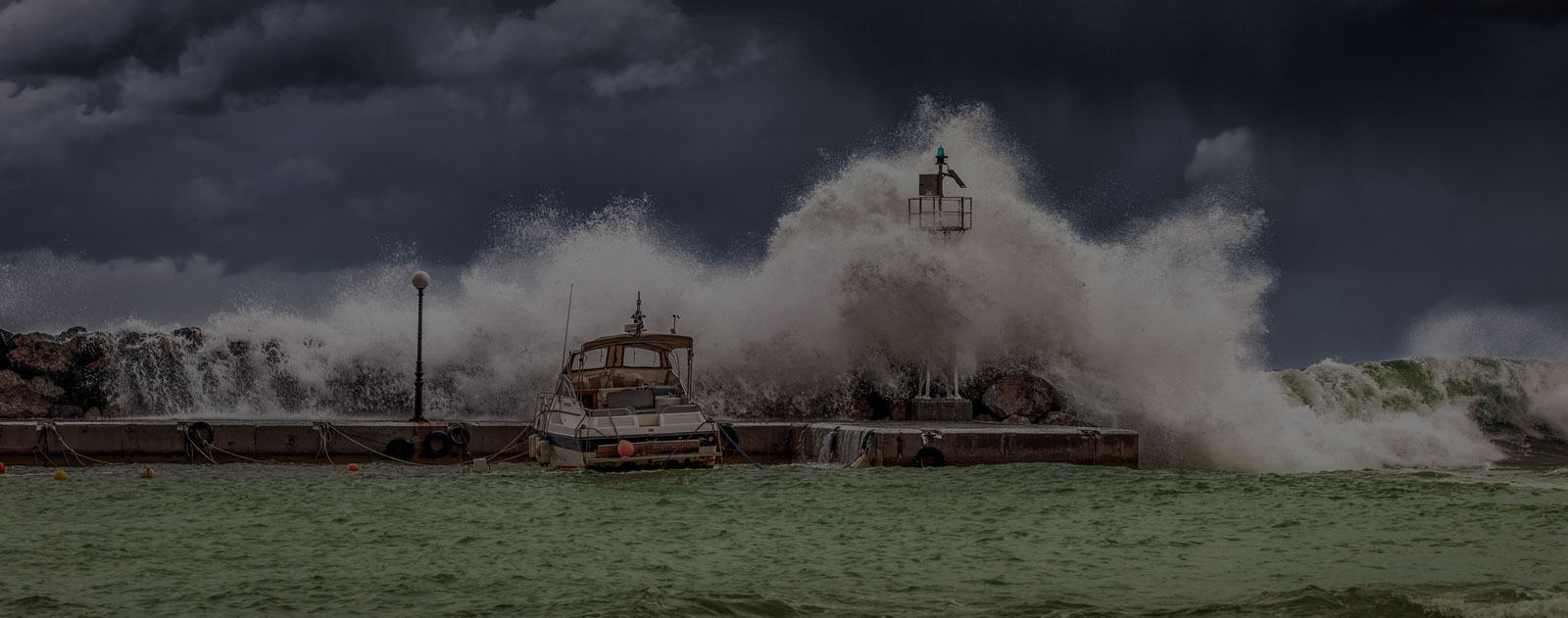In order to survive any situation the most important thing is your attitude. Your attitude determines whether you are fit to handle a certain situation or not. Panicking quickly or reacting slowly in unforeseeable situations is a bad response. You need to find a balance between the two.
EARTHQUAKES
For instance if there is an earthquake and you find yourself surrounded by chaos, instead of going in a panic attack or just standing in the same spot, grab the people closest to you and retreat to a corner of a building, avoid staking out near windows as there is a risk of the glass shattering and injuring you. If you are stuck inside your house and everything is collapsing around you, try retreating between two stable walls or under a firm table or create a temporary bunker by pillows if you find yourself on your bed. Do not run aimlessly and do not scream on instinct, it will only cause more panic among the masses. Try to stay indoors. After you are sure that it is safe to move, use stairs instead of elevators after the shaking has stopped because there might be power outages and other damages. Fire alarms and sprinkler systems frequently going off in buildings are signs of an earthquake so do not avoid them. After the shaking stops it is always good to check for injuries and keeping a first aid kit in your home for such situations can usually be the difference between life and death. After you are done checking yourself, assist to those in need. The most vulnerable people in these situations are children, the elderly and disabled people. Fires are the most common hazards in the aftermath of an earthquake. Look out for them and extinguish them.
TSUNAMIS
What you need to remember: tsunamis can occur at any time of year, during day or night and it is better to be prepared and warned about these beforehand. A tsunami can occur right after an earthquake, usually if the earthquake lasts longer than 20 seconds or more near a coast. An apparent rapid rise or fall of waves in coastal areas could also be an indication of a tsunami. As told before, tsunamis may occur right after earthquakes, so after the initial shaking has stopped, grab your family or whoever is in reach and start towards higher grounds. Do not stick around coastal areas and avoid fallen power lines or anything of the sort. Also stay away from tall buildings and bridges, from which there is a risk of heavy objects falling as a result of the aftershock Remember a tsunami can come within minutes of the earthquake stopping so you need to react fast and pick up your pace.
HEAT WAVES
This is a growing concern as a result of global warming and temperatures during the summers keep rising year after year. In order to beat the heat, drink plenty of water even if you are not thirsty. Avoid drinks that contain caffeine and alcohol. Avoid having large meals and eat in little proportions and eat more often. Keep an eye on your children and pets. Advise your children not to play outside during the hottest hour of the day. If it’s a particularly hot day slow down, avoid work that requires heavy lifting or take a frequent break if you are working outdoors. When it comes to clothing wear loose fitted and light weighted clothes. Light colors help reflect off the heat while dark colors such as black absorb the heat. Avoid wearing materials that might stick to the skin. Do not leave your children or pets in the vehicle for long and check on family, friends, and neighbors etc. that do not have air conditioners. It is also recommended to check up on people who are likely to live alone such as elderly people. Check up on your pets as well to ensure that they are not suffering from the heat; make sure their bowls are filled with water. Most importantly, remain indoors preferably in air conditioned rooms during a heat wave and postpone outdoor activities for a cooler day.


